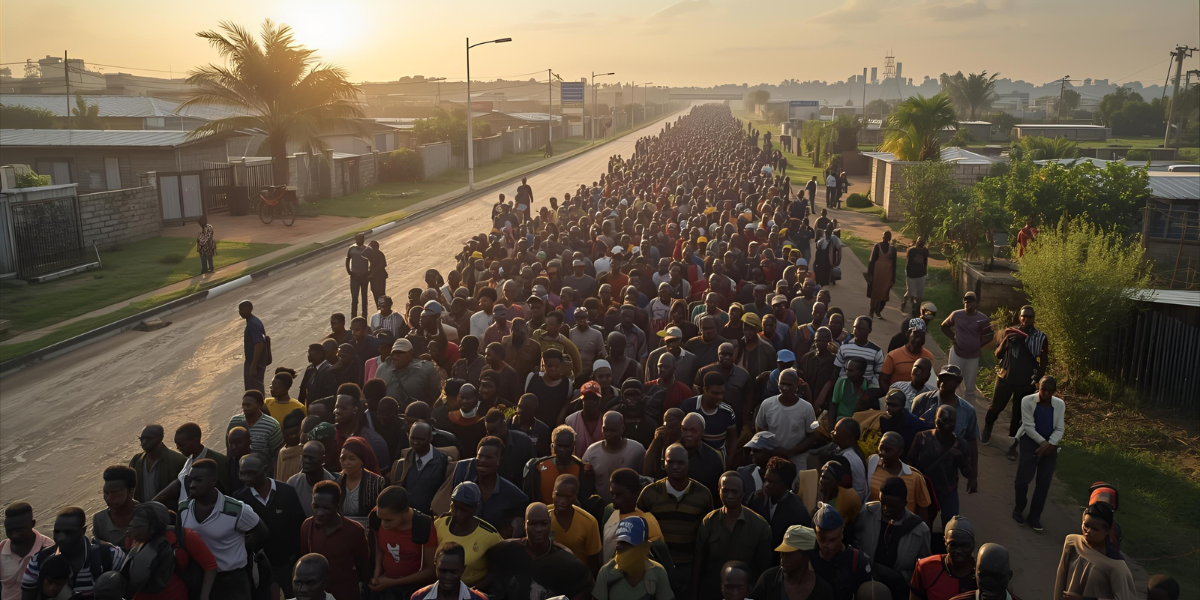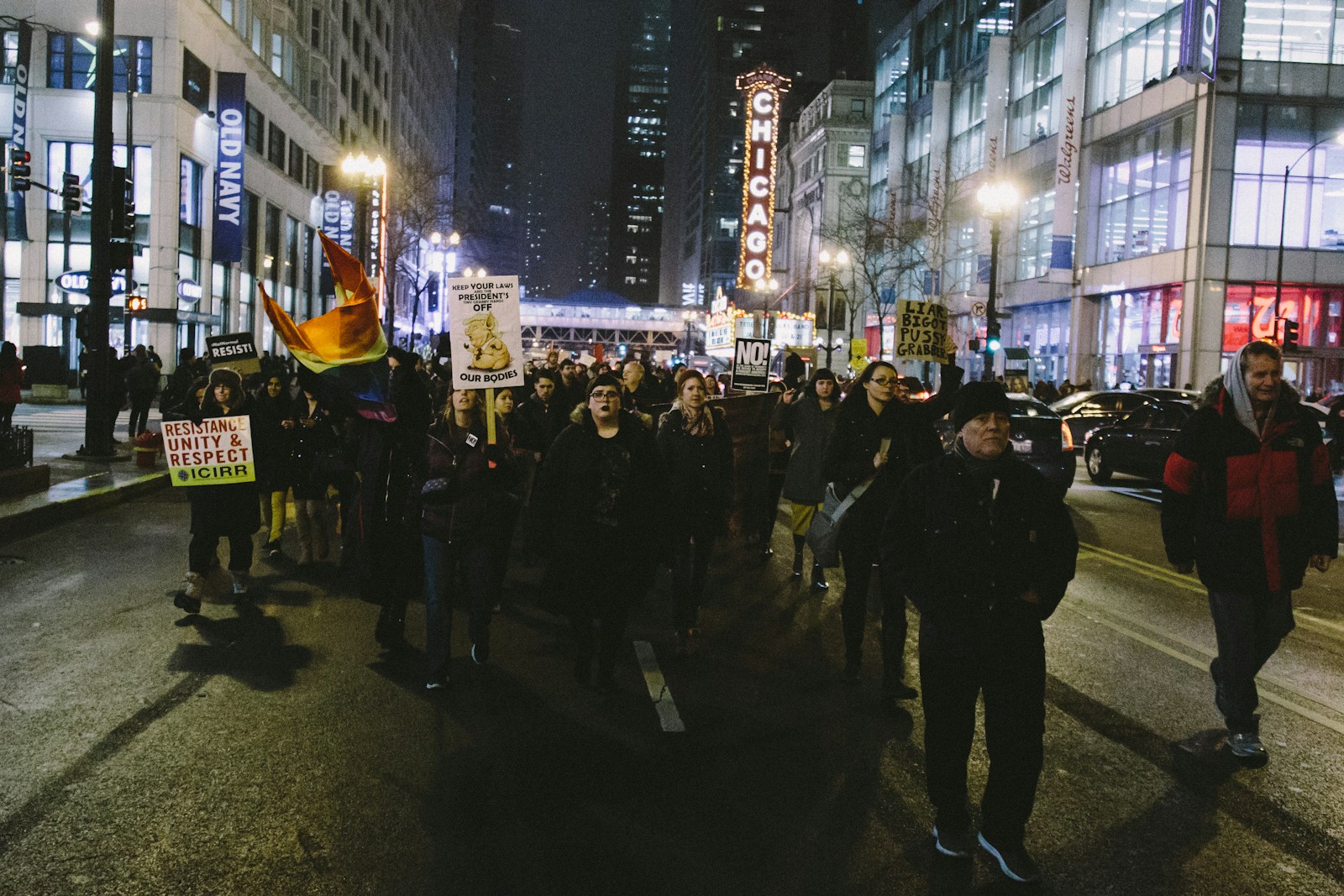Malawi crisis: Urgent Issues on Petrol Queues and Voting
Malawi is facing a complex crisis where everyday life intersects with politics in unprecedented ways. Petrol shortages have created long queues across major cities, highlighting infrastructure and supply chain issues. At the same time, citizens are preparing for upcoming elections, making Malawi crisis a topic of both social and political urgency.
Petrol shortages disrupting daily life
Long lines at fuel stations are a clear sign of logistical and economic challenges. Families, commuters, and businesses are all affected by the scarcity of petrol, which threatens the normal functioning of the country. Understanding Malawi crisis through the lens of these shortages provides insight into broader social and economic pressures.
Impact on voter turnout
The overlapping crises of petrol scarcity and elections raise questions about democratic participation. Many citizens may find it difficult to reach polling stations, potentially impacting voter turnout. Tracking Malawi crisis issues helps observers, policymakers, and the public anticipate the effects on political engagement and representation.
Economic implications
Petrol shortages have ripple effects across Malawi’s economy. Transport costs increase, goods become more expensive, and small businesses struggle to survive. Highlighting these Africa issues reveals how Malawi crisis affects both macroeconomic stability and the livelihoods of everyday citizens.
Government response and policy challenges
The government’s handling of the petrol shortage is under scrutiny. Policy decisions regarding fuel imports, distribution, and subsidies are central to resolving Malawi crisis. For detailed analysis, see Africa-EU Partnership initiatives that support sustainable energy solutions across the continent.
Social tensions and community impact
Long queues and scarcity fuel social tensions, particularly in urban areas. Community leaders are stepping in to mediate conflicts and organize fair distribution. Tracking Malawi crisis from a social perspective highlights the need for coordinated local and national efforts to maintain peace and stability.
Media coverage and public awareness
Media plays a crucial role in keeping citizens informed about Malawi crisis. Local news outlets and online platforms provide updates on petrol availability and election logistics. For more insights on regional news dynamics, refer to our Africa news updates to understand how public awareness influences societal responses.
Infrastructure and logistics issues
Malawi crisis highlights weaknesses in transport and fuel distribution networks. Poor road conditions and limited storage facilities exacerbate shortages and increase delays. Addressing these Africa issues is crucial for improving the reliability of essential services and supporting economic stability.
Political debates and election preparation
Election campaigns and political discussions are increasingly influenced by daily hardships caused by fuel scarcity. Parties and candidates must address Malawi crisis issues to gain public trust. Observing these dynamics provides insight into how social and economic challenges affect democratic processes.
International support and partnerships
Global organizations are monitoring Malawi crisis and offering technical and financial support to ease fuel shortages and strengthen governance. Collaborative programs help Malawi develop sustainable solutions while building resilience against future crises. For example, the World Bank Malawi initiatives focus on energy infrastructure and economic recovery projects.
Future outlook and solutions
Looking ahead, addressing Malawi crisis requires coordinated action across government, private sector, and communities. Investments in energy infrastructure, transparent distribution systems, and policy reforms are essential. Global partnerships can provide technical expertise and funding to support sustainable solutions. For internal insights, see our Malawi energy solutions for strategies being implemented locally.
Conclusion: Lessons from Malawi
In conclusion, Malawi crisis illustrates how everyday shortages can intersect with politics and societal challenges. Keeping these Africa issues on our radar allows citizens, policymakers, and international partners to respond effectively. Strategic planning, collaboration, and awareness are key to navigating crises and ensuring a stable, prosperous future for Malawi and the wider continent.




